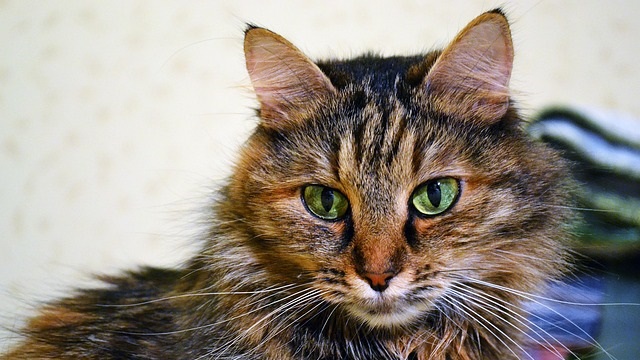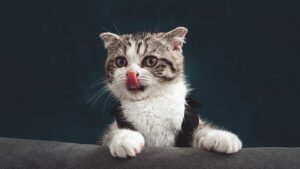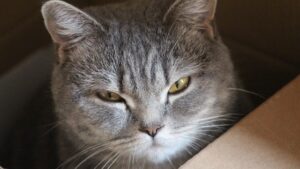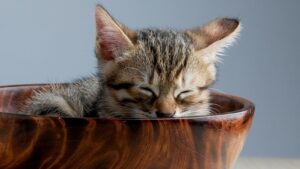Why Is My Cat Not Eating? What Pet Parents Need to Know
Has your cat stopped eating? Almost every pet parent will experience a moment of worry when their four-legged friend isn’t eating. A skipped meal here and there isn’t a cause for alarm, but if your cat persistently refuses to eat, then it can be a signal of a more serious health problem. Understanding the answer to the question “why is my cat not eating?” is crucial for ensuring their health and well-being.
Let’s look into some of the most common reasons behind your cat’s lack of appetite.
- Persistent lack of appetite in cats can indicate serious health problems requiring immediate attention.
- Common causes for decreased appetite include illness, pain, stress, and environmental changes.
- Monitor for emergency signs such as vomiting, lethargy, hiding, or noticeable weight loss.
- Consult a vet if your cat hasn't eaten for more than 24 hours or shows concerning symptoms.
- The Maven Pet Health Monitor can help track behavioral changes that may signal health issues.
Why Might a Cat Stop Eating?
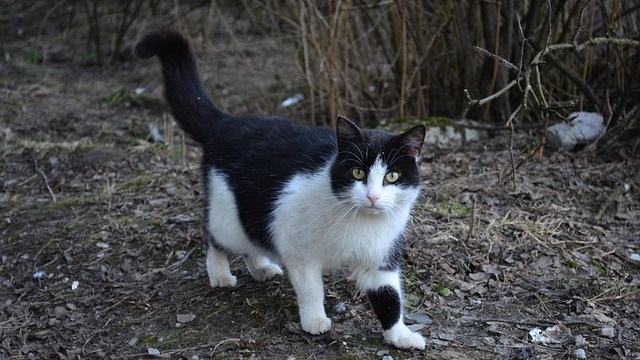
Several factors can explain why your cat isn’t eating. Identifying the potential cause is the first step in fixing the problem.
Could illness be the reason my cat won’t eat? Yes, various health problems can lead to a loss of appetite in cats. These include:
- Kidney disease: This is a common condition in older cats and can cause nausea and reduced appetite.
- Dental issues: Sore gums, toothaches, or infections can make eating painful. Imagine trying to eat with a terrible toothache!
- Gastrointestinal (GI) problems: Issues like vomiting, diarrhea, constipation, or inflammatory bowel disease can significantly impact a cat’s desire to eat.
- Upper respiratory infections: A stuffy nose can make it difficult for a cat to smell their food, which can decrease their interest in eating. Just like when you have a cold and can’t taste anything.
Is stress or anxiety affecting my cat’s appetite? Absolutely. Cats are creatures of habit, and changes in their environment can be very stressful, leading to a cat not eating or drinking properly. Common stressors include:
- A new pet in the household.
- Moving to a new home.
- Changes in their routine, such as feeding times.
- Loud noises or disruptions.
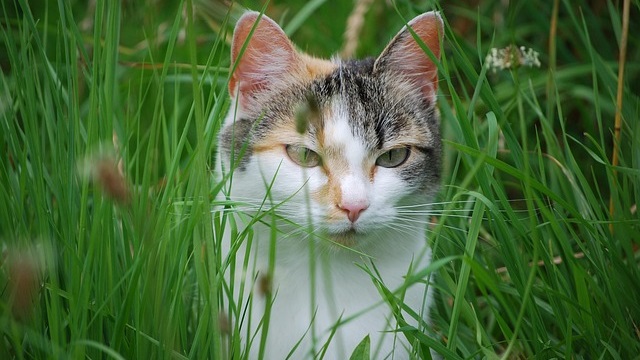
Could pain or discomfort be the reason my cat isn’t eating? Yes, any source of pain, such as arthritis, injuries, or internal discomfort, can make a cat reluctant to eat. It might hurt them to bend down to their bowl or even chew.
Can recent vaccinations or medications cause a cat to lose appetite? Occasionally, yes. Some cats may experience temporary lethargy or a decreased appetite as a side effect of vaccinations or certain medications. This usually resolves within a day or two.
Is my cat simply being picky about their food? Cats can sometimes be finicky eaters. If you’ve recently switched their food, they might simply dislike the new flavor or texture. Gradual transitions between foods are always recommended.
“I got the Maven sensor for my 14-year-old Chihuahua mix with heart and trachea issues. It gave me back peace of mind – I can track her RRR, BPM, drinking, and activity anytime and know instantly if something’s wrong. Highly recommend!”

★★★★★
Chiara De Luca
Titti
When Is Loss of Appetite an Emergency?
You shouldn’t be wondering “why is my cat not eating?” for too long. A cat not eating can quickly lead to serious health complications, so knowing when to seek vet help is critical.
How long can a cat go without eating before it becomes dangerous? If your cat hasn’t eaten for more than 24 hours, it’s essential to contact your vet. For kittens, senior cats, or cats with pre-existing health conditions, even a shorter period of not eating can be dangerous.
What other signs require an immediate vet visit? If your cat’s lack of appetite is accompanied by any of the following symptoms, talk to your vet as soon as possible:
- Vomiting
- Lethargy (extreme tiredness)
- Hiding or withdrawal
- Noticeable weight loss
- Changes in drinking habits (either increased or decreased)
Let’s say your cat hasn’t eaten in 20 hours, is hiding under furniture, and seems very weak. In this case, it’s crucial to call your vet right away. Don’t wait and see in such situations.
How the Maven Pet Health Monitor Helps
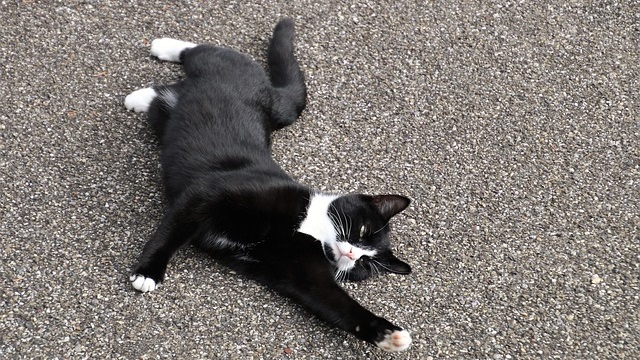
The Maven Pet Health Monitor is an indispensable tool for detecting subtle changes in your cat’s behavior that might indicate serious health issues.
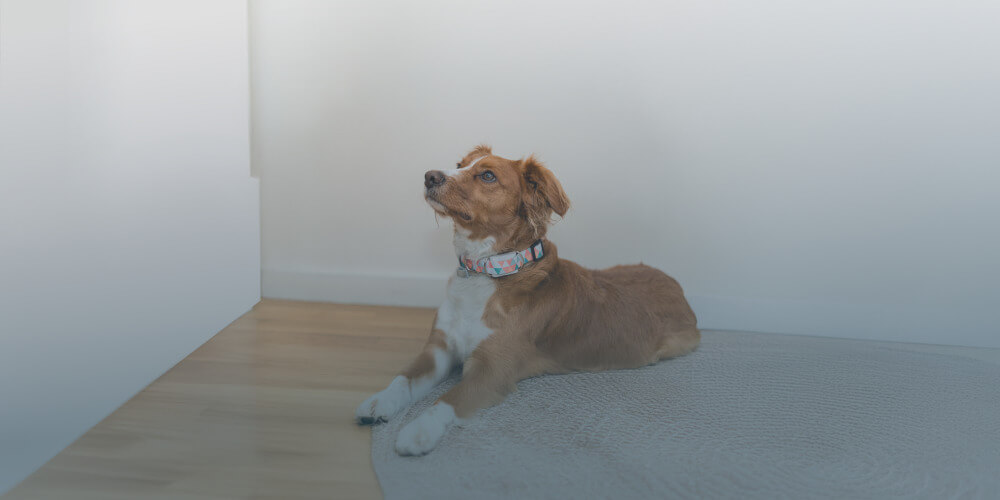
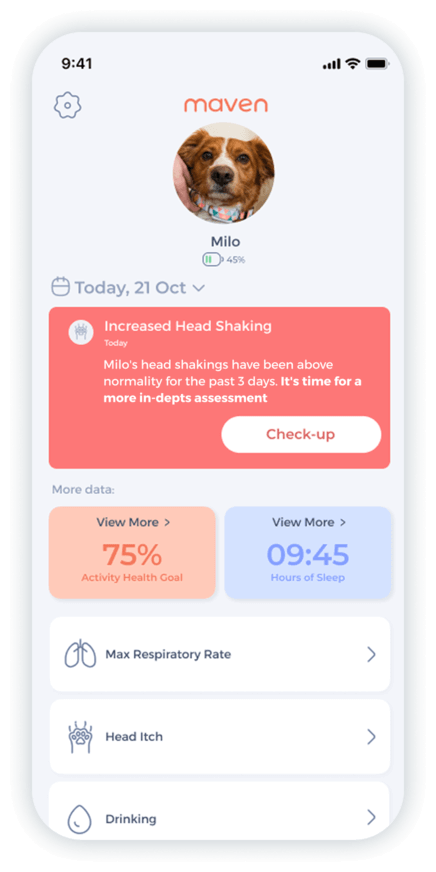
Monitor heart rate, respiratory rate, activity & rest, drinking, itch behavior.
How can a pet smart collar help me notice changes in my cat’s eating habits? The collar collects data related to behaviors that can be early indicators of a problem. For instance, a cat feeling unwell might:
- Show reduced activity levels: They might sleep more and play less, which can correlate with a lack of energy due to not eating.
- Exhibit changes in rest patterns: Increased restlessness or difficulty finding a comfortable sleeping position could indicate discomfort or illness affecting their appetite.
By providing early alerts to these subtle signs of discomfort or illness, the Maven Pet Health Monitor empowers you to act quickly before more obvious and severe symptoms, like a complete refusal to eat, develop. This proactive approach supports your cat’s long-term pet wellness.
So, Why is My Cat Not Eating?
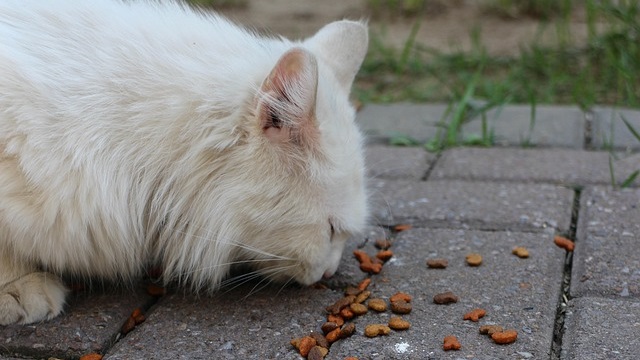
Getting an answer to “why is my cat not eating?” involves considering a range of potential causes, from being picky to more serious health conditions that might be hidden.
It’s essential to recognize the signs that warrant immediate vet attention for your cat’s well-being. By being observant and utilizing tools like the Maven Pet smart collar to track subtle behavioral changes, you can ensure early detection and intervention, supporting your beloved feline’s health and happiness.
Explore how Maven Pet can help you stay informed about your cat’s pet wellness and provide important data about their daily habits.
Maven Pet focuses on improving the quality of life of our pets with technology, using artificial intelligence (AI) to enable proactive pet care. By accurately collecting and monitoring pet data 24/7 and flagging any irregularities, Maven Pet empowers pet parents and veterinarians to stay ahead of potential health issues, ensuring the well-being and longevity of our beloved companions.

